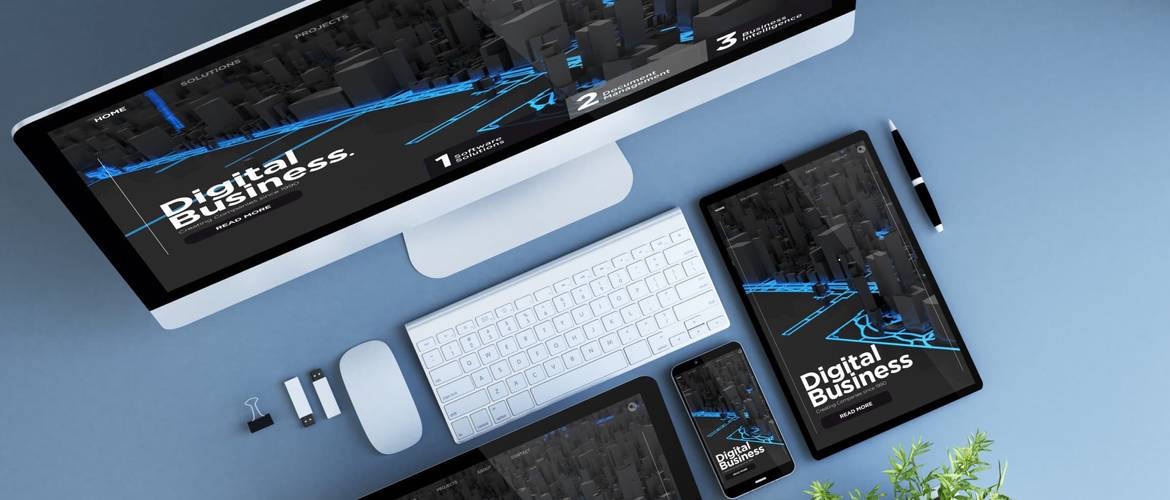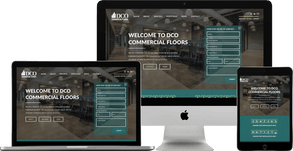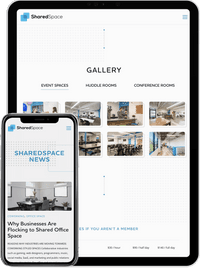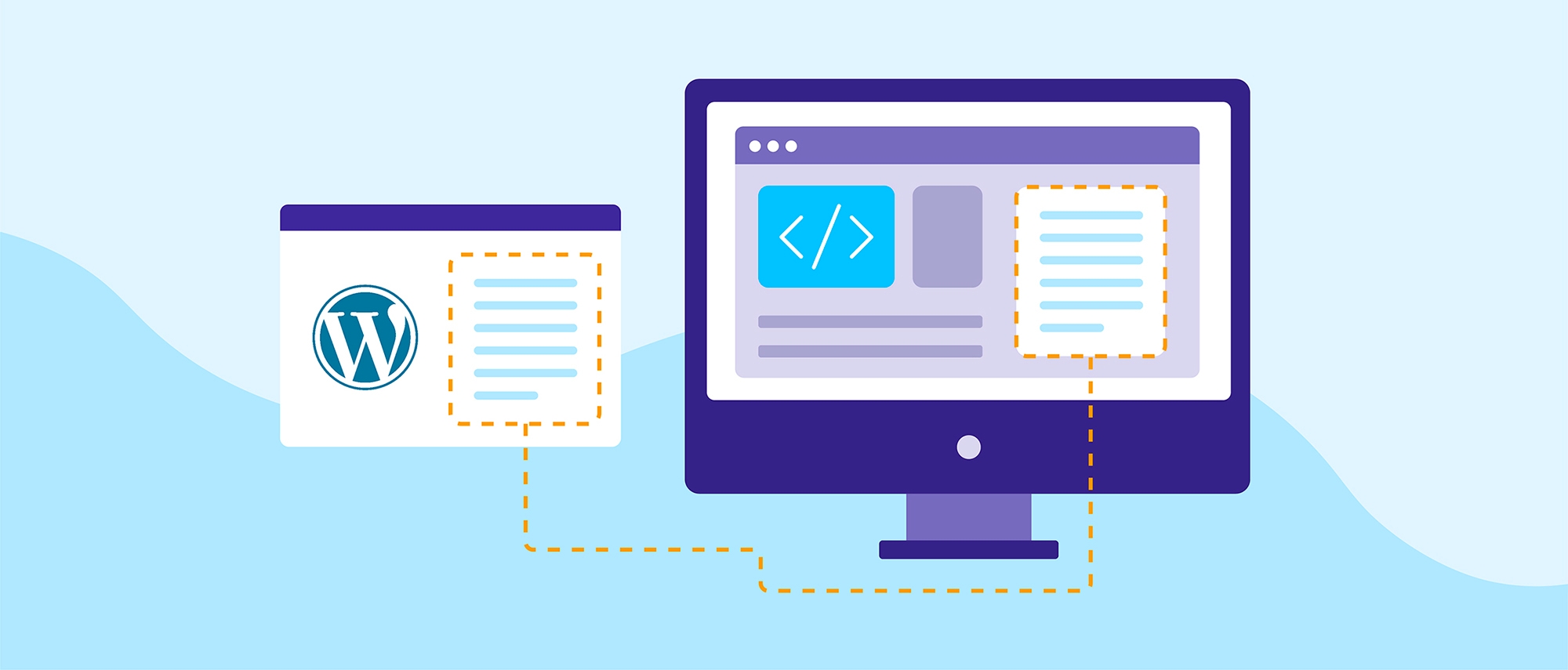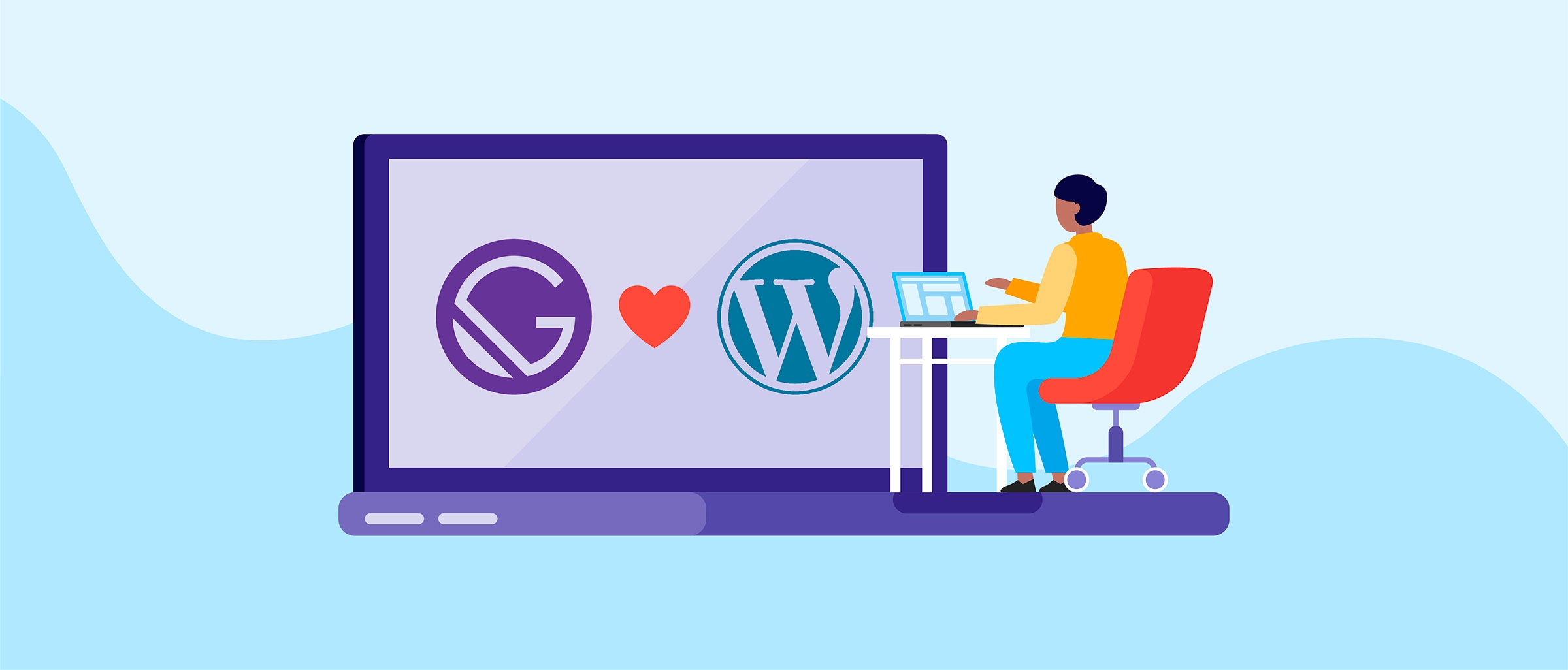Your website is hands down one of the most important assets for your business. Even if you don’t conduct much of your business online, your web pages are often the first step when someone is showing interest in connecting with you. In essence, it’s where first impressions are made, and you can trust that what someone finds when they land there is going to leave a lasting imprint on the perception they have of your business. Continue reading to learn more about common web design elements that improve user experience.
So, you build a great website. Simple enough in concept, not always that easy in reality.
Critical Web Design Elements
There’s so much that goes into great web design. There are also plenty of platforms out there that seemingly make it easy to build a high-quality website in the blink of an eye. Unfortunately, while these sites might look good, they don’t always perform the best. This sends you right back to the drawing board, trying to figure out when and where everything went wrong.
The internet is filled with sites that perform, and those that don’t. We know which category you want to be part of, the question is how to get there. A good starting place is to look at some of the businesses that have the best website design and take a few notes on what they’re doing differently. They say that imitation is the sincerest form of flattery, so take some inspiration from this list of elements the best website have in common and implement them into your own web design.
Mobile Responsiveness
At this point, if you don’t have a site that’s optimized for mobile you’re losing out on the opportunity to connect with a significant amount of traffic – especially if have a locally owned business. You won’t find a successful website anywhere that hasn’t been designed to cater to the mobile consumer.
Mobile optimization looks a little different today than it did just a few years ago. Today, it’s about not making the assumption that you know which device and what size screen your audience is using to connect with you. Mobile devices alone are available with a range of screen sizes. Now factor in tablets, notebooks, laptops, desktops…. you get the picture. The best websites are designed to provide a cohesive, seamless experience regardless of the size of the screen the visitor is looking at.
Responsive design makes this possible. A responsive design automatically optimizes your website for whatever size screen it’s being accessed through. This optimized speed (which we’ll get to in a minute), as well as ensures your site is easy to navigate for every visitor, every time.
Page Load Speed
The last time you searched for something online, how many results did you see? Of course, the results on page one got your immediate attention but there were likely hundreds of thousands (if not more) results behind those. Chances are you had no shortage of options, and neither does your target audience.
With so many options, why is a search engine user going to stick around on a slow loading site when they could just as easily, and quickly, back out and visit a site that loads in an instant? Combine this with a decrease in attention spans and the need for speed becomes obvious.
The most successful websites recognize this and spare nothing in making sure their visitors don’t wait. The reality is that just a few second delay in load time causes bounce rates to go up, and it’s incredibly difficult to recapture a website visitor that left based on a less than optimal user experience. Optimizing your site for speed is essential. This involves building sites with responsive design, as mentioned above, but also taking into consideration the other elements of web design that can slow your site speed down to a crawl – such as unoptimized images.
Brand Identity & Fluidity
Each page of your website serves a different purpose, but that doesn’t mean it should look completely different. It’s important to deliver your brand identity seamlessly throughout each webpage so that your audience isn’t left with a confusing image about who you are as a brand or what your mission and values are.
Cohesive brand identity also helps to establish trust, credibility, and authority in your industry. This involves a lot more than just slapping your logo in the corner of each page. Web design companies and experts can help infuse your brand through your entire site, while still distinguishing each page and encouraging further exploration. This can be accomplished through a combination of web design elements, like colors and graphics, but also through a content strategy that supports your brand image.
High-Quality Content
By looking at some of the best websites it’s easy to see that great content is a common link. Content is pretty much the most efficient vehicle you have for connecting with your audience and enhancing search engine optimization results. You already have a blog on your website, so all is good, right?
The best websites belong to businesses that understand the real purpose of content, and that’s to provide exceptional value to their audience. Just posting some blogs for the sake of having content on your site isn’t enough. A content marketing strategy is essential for creating content that adds real value for each visitor that lands on your site.
This might include authority articles on topics that are of key importance to your audience. It might also mean diving into video content that instantly captures the attention of your audience and engages them. Content also includes all the text, video, and images that are on every single page of your site. A content marketing strategy that considers how to best reach and engage your audience – such as leveraging local SEO and geographically relevant keywords – is key to generating traffic to your site. By combining digital marketing and web development, our agency is positioned to help you create and design around content that will resonate with your users.
Web Design Elements & Development Experts
Optimizing your website to perform at the same level as those with the best web design can seem a little overwhelming at first glance. The good news is you don’t have to tackle it yourself, especially when there’s a digital agency in Atlanta that’s ready and willing to step up to the plate with a results-driven approach to web design for your business. Contact Double Up Digital to discover what we can do to enhance your web presence and create a website that other businesses will want to emulate.
